It can be safely said that academicism and creativity often have an inverse relationship, as most the creative giants had nothing to do with the teaching of literature, and both of these fields overlap very rarely. It is in this rare overlapping that we place the work of Chakraborti who has a fertile grounding in academics, yet displays the imaginative power to lift his wings and acrobat in the world of fantasy, says Dr. Jarnail and Prof. Manminder, in the first part of their five-part article. A Different Truths exclusive.
Chakraborti, Basudeb. The Confession of an Indian Opium Eater: A Collection of Indian Poems in English. New Delhi: Today & Tomorrow’s Printers and Publication, 2018.104pp. Price. Rs150/-
Dr. Basudeb Chakraborti is a noted academician and scholar from West Bengal who did his Masters from Calcutta University and then from the University of Houston, Texas, U.S.A. and after his return to India, he acquired his doctoral degree on Thomas Hardy from Kalyani University, West Bengal. He was the Faculty Dean of Arts and Commerce at Kalyani University. In addition to writing various books and articles, he delivered a series of lectures on language variations to postgraduate students of the University of Central Arkansas at Conway, Arkansas, USA.
This review article attempts to analyse the poems of his collection of poetry, entitled The Confession of an Indian Opium Eater: A Collection of Indian Poems in English, published recently. Chakraborti emerges not only from the Indian tradition of English poetry but also from his deep understanding of the poetry of the English bards who have always dotted the skyline of major poets from India. For example, every poet of English makes a reference to Wordsworth’s definition of poetry as “spontaneous overflow of powerful feeling” and tries to habitat his own poetry this or that side of this debatable comment. The next most bearing influence on the psyche of every English poet is T.S. Eliot’s ‘The Wasteland’ and his critical writings, entitled The Sacred Wood. Indeed, these great masters including Chaucer, Marlow, and Milton form the ocean in which new poets have their pick, say something new and then return to the ocean of obscurity. Very few emerge from this ocean and live an independent literary life.
Chakraborti, in the initial confessions, reiterates that it is usually presumed that teachers English Literature cannot be good creative writers. He is not off the mark in this matter because we have to grant it in the beginning that everybody is not a poet; nor can poetry be acquired as a skill in any workshop. Writing is not the cup of tea for everyone who is teaching or learning English. Most of the University teachers are dealing with research only and teaching research methodology to the students, whereas it has to be admitted that the primary work in literature is the creation of good literature. Criticism comes later. Still, I wonder if any university holds classes in creativity and from this, I can surmise that creativity too cannot be taught like criticism. Going by the majority of the cases, academicism has a jamming effect on the imaginative faculties of its stakeholders, the students, as well as the teachers and what we get from literature classes, are only reproductions of great masters’ works. So, it can be safely said that academicism and creativity often have an inverse relationship, as most the creative giants had nothing to do with the teaching of literature, and both of these fields overlap very rarely. It is in this rare overlapping that I place the work of Chakraborti who has a fertile grounding in academics, yet displays the imaginative power to lift his wings and acrobat in the world of fantasy.
It is not easy to comment on the poetry of a person who has for years pontificated on what poetry is, what fiction is, and what both of them are not. The poet is among those few intellectuals for whom writing chaste English is as religious a passion as writing poetry itself. Long years of teaching in India and abroad have invested him with an aura of an authoritative voice in the realms of literary creativity. In his Confession, preceding his poems, in the collection, The Confession of an Indian Opium Eater. A Collection of Indian Poems in English, he talks rather candidly about several of his passions and obsessions which are amusing too, but at the same time, lend the book an authentic voice. He treats as his prime duty to make us aware of the fact that confessions are mostly lies told with a veneer of truthfulness. In this book, he has tried to tell us a lot about his life, which affords us a peep into his personality. A fat pension, and an easy going post-retirement lifestyle, and the people of his age commenting on women who are passing by… these are interesting details, which make the book delectable.
The real encounter starts when we enter the river of poetry that is in a spate. The poet has divided his poems into several parts, like Poetry of Nature, Poetry of Love. Poetry of Time, etc. And he has also brought to life the great bards of yore and entered into a dialogue with them. Everybody is trying to say something. But a poet is in a hurry. Through a poem, he calls up and stops you like the Wedding Guest from Coleridge’s ‘Rime’. He is haunted by a passion, and he must unload himself and this passion does not leave him, nor does he return to normalcy, until the message is delivered. This is how poetry afflicts the poets, turning them into helpless conduits sometimes. Shelley too in ‘Ode to the West Wind’ pleads to the powerful wind, to make him ‘its lyre’ so that the powerful message that “if winter comes, can spring be far behind’ passes through him and spreads over the earth and the sky.
(To be continued)
©Dr. Jernail S. Anand and Prof. Manminder Singh Anand
Photos from the Internet
 Co-author: Prof. Manminder Singh Anand is Assistant Prof., Dept. of English, DAV College, Sector 10, Chandigarh. He has authored ten books and published in national and international journals. Rhetorical Expressions is one of his most remarkable books.
Co-author: Prof. Manminder Singh Anand is Assistant Prof., Dept. of English, DAV College, Sector 10, Chandigarh. He has authored ten books and published in national and international journals. Rhetorical Expressions is one of his most remarkable books.
#romance #love #nature #time #life #literature #philosophy #DifferentTruths

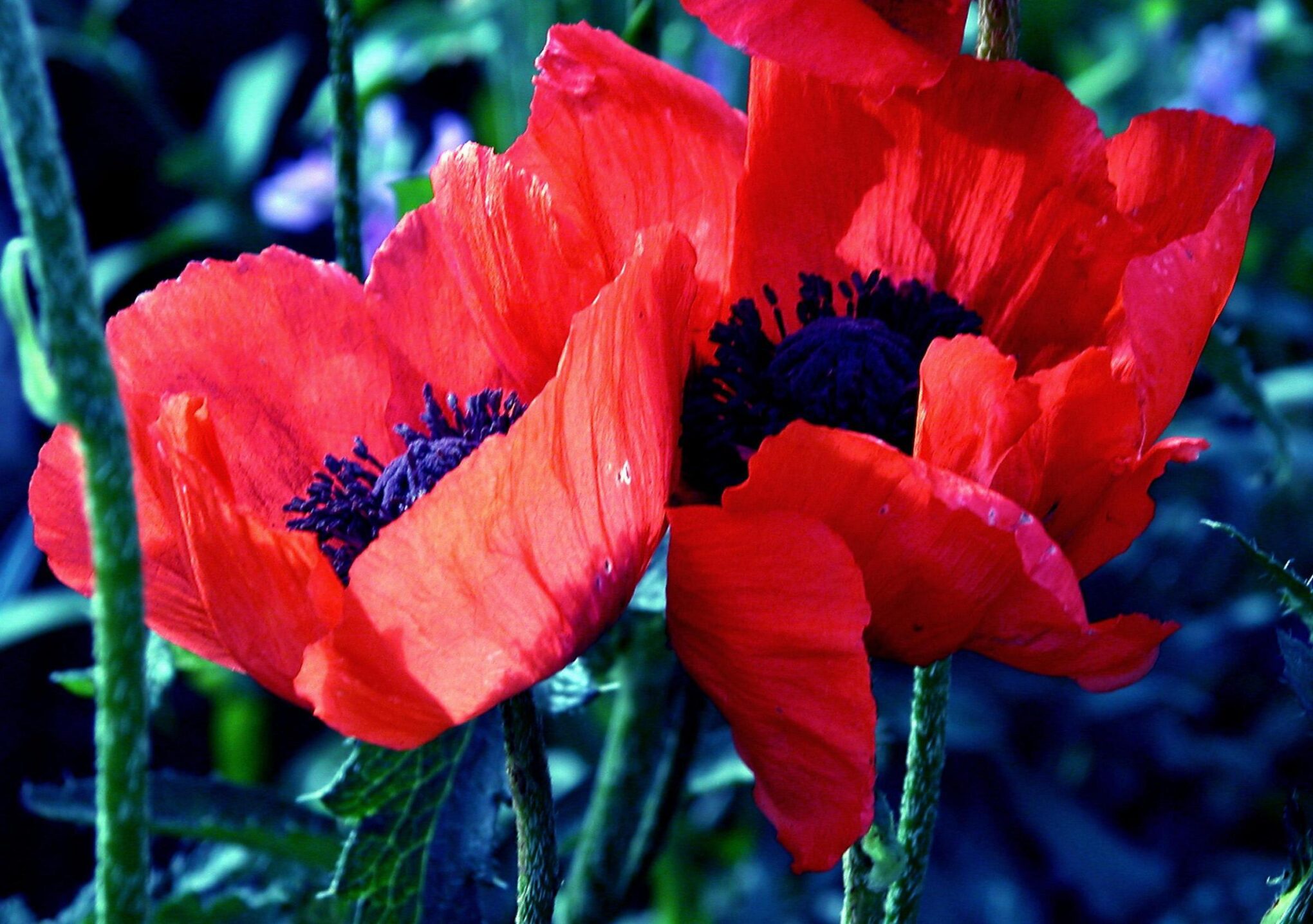
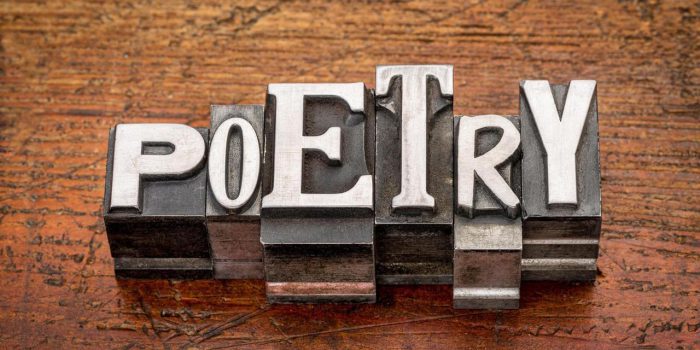


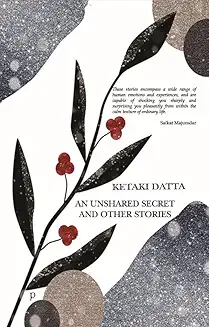
 By
By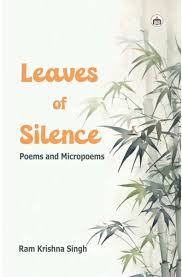
 By
By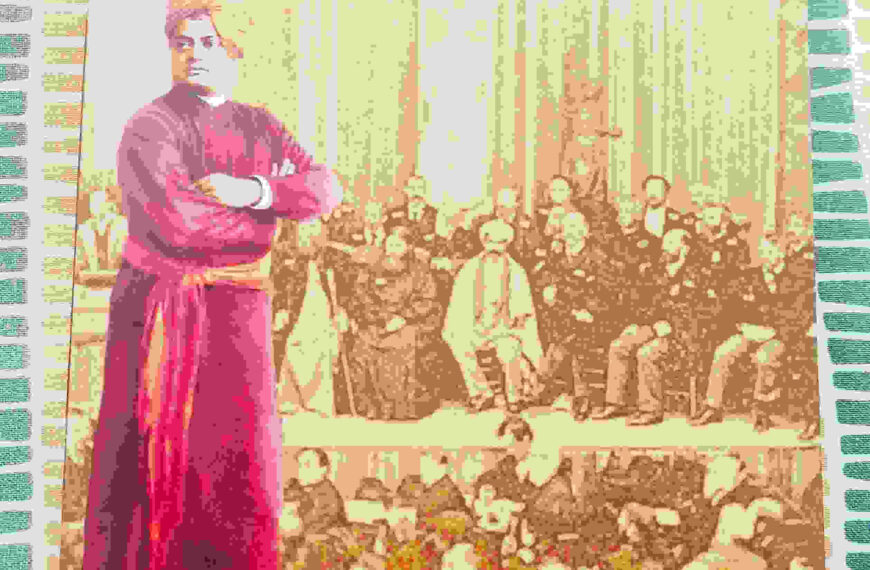
 By
By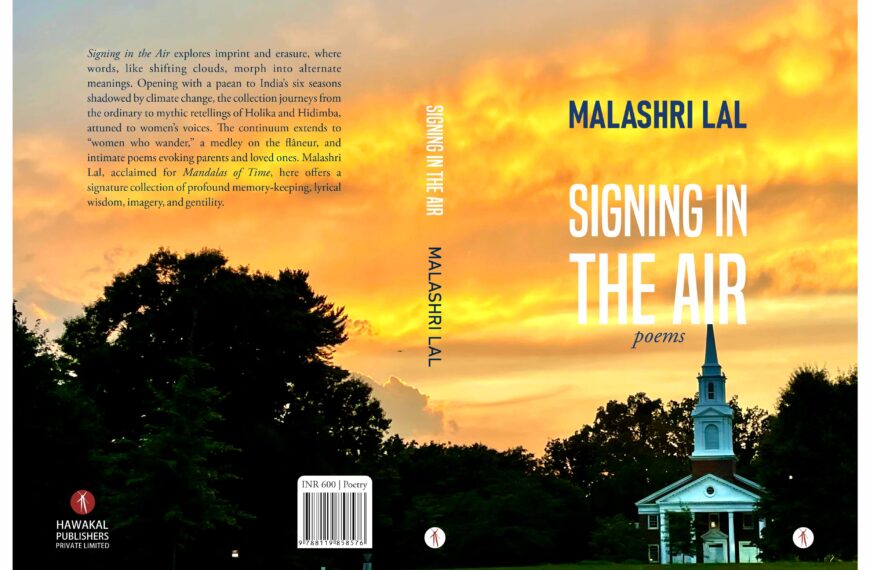
 By
By
Very much happy to know from different sources that sensible readers have loved my poems and the review article on my poems by Dr Journail
S. Anand